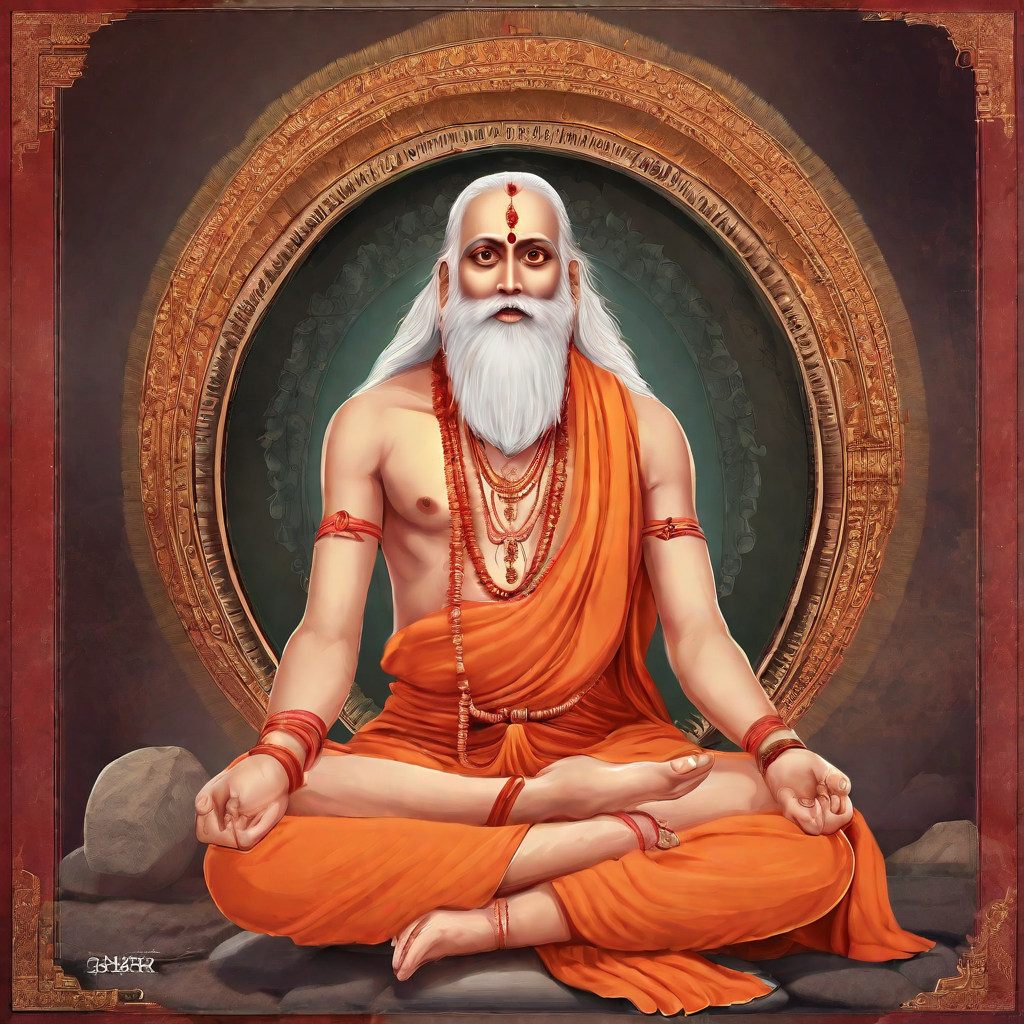Union Minister Narayan Rane's recent comments regarding the Shankaracharyas and the Ayodhya Ram Mandir have ignited a fresh controversy. Rane criticized the spiritual leaders for raising concerns about the consecration ceremony, accusing them of viewing the issue through a "political prism". He further questioned their contributions to Hinduism and asserted that their disapproval stemmed from opposition to Prime Minister Modi and the BJP.
This statement sparked immediate reactions, with several Hindu groups and opposition parties condemning Rane's remarks. Critics argue that questioning the Shankaracharyas' spiritual authority and belittling their contributions is disrespectful and dismissive of their vital role in Hinduism. They also highlight the right to dissent and disagree with the government's actions, regardless of the issue's religious significance.
Rane's comments undoubtedly add a layer of complexity to the already charged atmosphere surrounding the Ram Mandir consecration. Whether his assertions hold merit or are politically motivated remains to be seen. However, they unquestionably add fuel to the ongoing debate about the role of Hindu leaders, the separation of religion and politics, and the future of the Ayodhya issue.
This statement sparked immediate reactions, with several Hindu groups and opposition parties condemning Rane's remarks. Critics argue that questioning the Shankaracharyas' spiritual authority and belittling their contributions is disrespectful and dismissive of their vital role in Hinduism. They also highlight the right to dissent and disagree with the government's actions, regardless of the issue's religious significance.
Rane's comments undoubtedly add a layer of complexity to the already charged atmosphere surrounding the Ram Mandir consecration. Whether his assertions hold merit or are politically motivated remains to be seen. However, they unquestionably add fuel to the ongoing debate about the role of Hindu leaders, the separation of religion and politics, and the future of the Ayodhya issue.

Comment